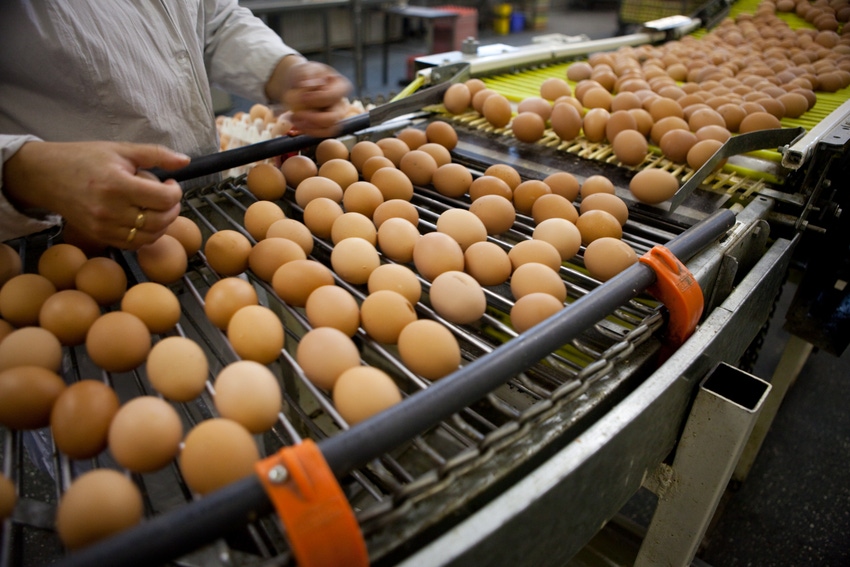FFAR to launch Egg-Tech Prize in 2019
Initiative to explore new technologies for in ovo sex determination of layer chicks.
October 17, 2018

In early 2019, the Foundation for Food & Agriculture (FFAR) will launch the Egg-Tech Prize — a $6 million initiative that seeks to revolutionize global egg production, according to an Oct. 16 post on the FFAR website.
FFAR said the goal of the prize is to stimulate development of new technologies for accurate, high-speed and early-stage in ovo sex determination of layer chicks. Initial grants will be followed by a final stage that culminates in proof of a working prototype that meets the criteria determined by an expert steering committee.
What is the challenge?
According to FFAR, several-billion layer chicks are hatched each year to supply eggs for the world, with demand expected to rise in coming years. Male chicks are often culled on the day of hatch, because poor growth performance and meat quality make them unsuitable for consumption. Unnecessary incubation causes the loss of millions of male chicks each year and is a major challenge to animal welfare, food waste, farm profitably and energy consumption, FFAR said.
According to the post, approaches to solving this challenge have ranged from gene editing to measurement of egg hormone levels. Use of new technologies to determine the chick's sex early in incubation would allow male eggs to be directed into the food supply or vaccine production, FFAR said. Recent advancements in sensor technologies, engineering and the biological sciences have positioned the industry for a breakthrough that could be rapidly integrated into existing production systems, FFAR noted.
The Egg-Tech Prize will foster competition and build momentum to support scientific breakthroughs, from concept to prototype development, to provide practical solutions for the egg industry, FFAR said.
“Male chick culling is a challenge that must be solved. However, promising scientific advancements indicate that it’s possible to develop a scalable technology to determine an egg’s sex before it hatches,” FFAR executive director Sally Rockey said. “Solving this challenge would not only improve animal welfare but also save egg producers billions while adding eggs to the food supply.”
United Egg Producers (UEP) president and chief executive officer Chad Gregory said, “UEP and our farmer-members commend FFAR for coordinating this valuable incentive to encourage researchers to move swiftly to identify meaningful, scalable solutions to this issue. Assuring the health and well-being of animals simply is the right thing to do. As such, we have an obligation to support practices and technologies that improve animal welfare across egg production, and this extends to finding an economically feasible, commercially viable alternative to the practice of male chick culling at hatcheries.”
The first phase of the prize process, which will start in early 2019, will be ideation and concept development. The second phase, occurring in late 2019 through 2022, will be examine proof-of-concept and prototype demonstrations.
To learn more about the Egg-Tech Prize, contact FFAR scientific program director Tim Kurt at [email protected] or (202) 836-9960.
FFAR said it welcomes discussions on this "moonshot" project and how this work could affect organizations and the poultry industry.
You May Also Like



